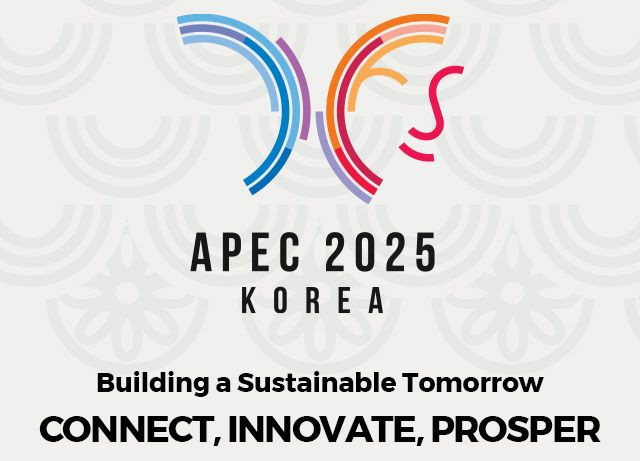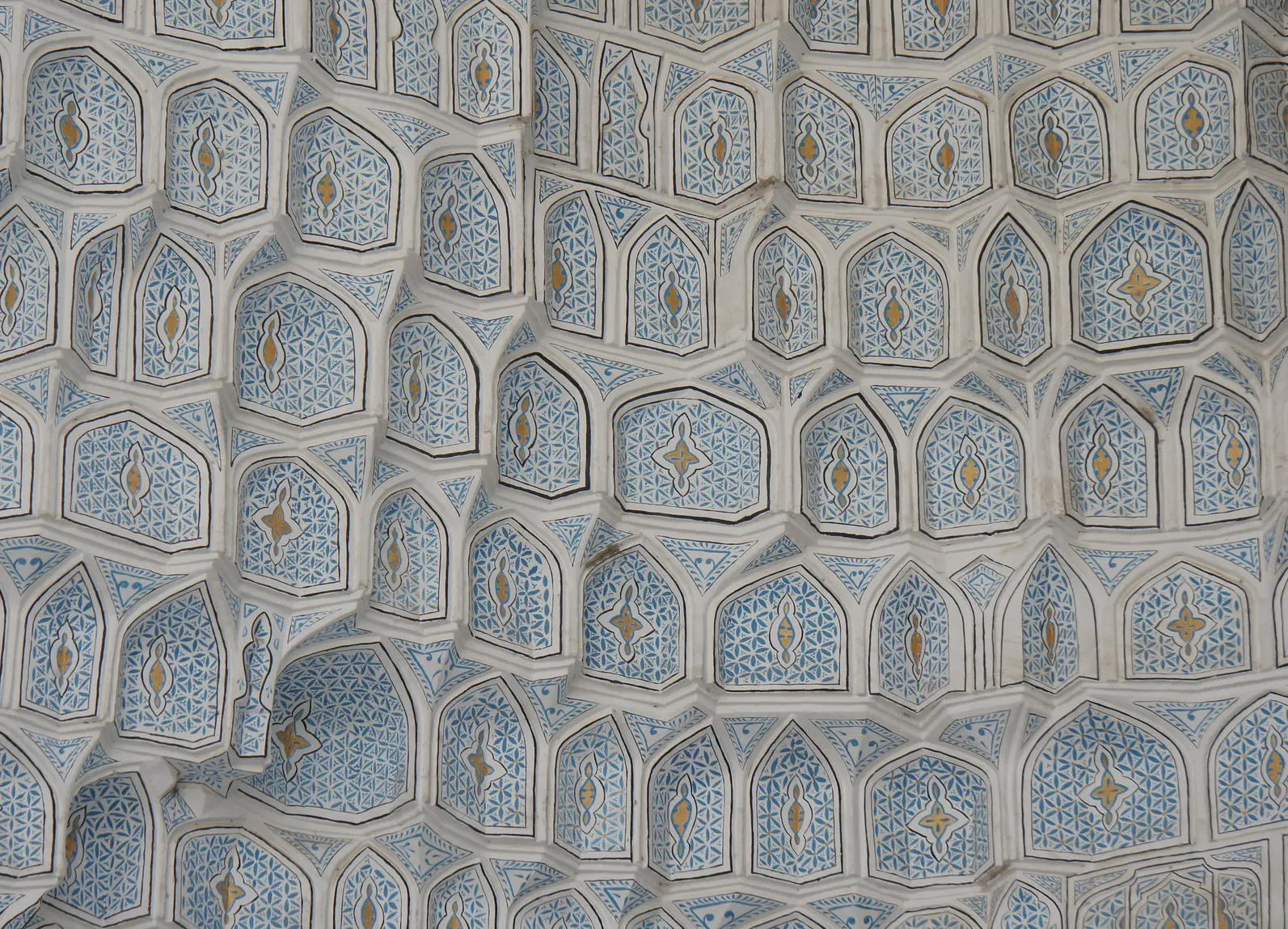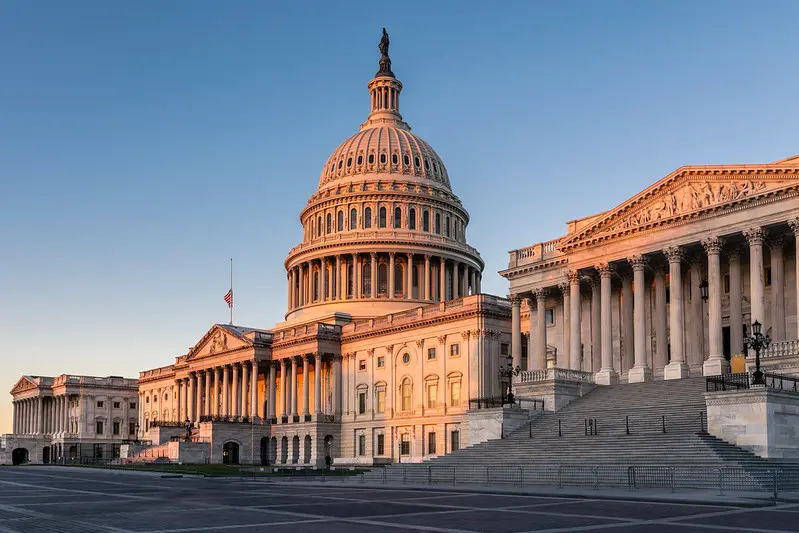On July 30, a meeting of the APEC Anti-Corruption and Transparency Experts' Working Group (hereinafter – ACTWG, Working Group) took place, followed by the APEC High-Level Dialogue on Anti-Corruption Cooperation held from July 31 to August 1.
At the 41st meeting of the ACTWG, attended by representatives of APEC member economies, international organizations, and experts, the focus was on key initiatives and achievements in implementing anti-corruption commitments, coordination of the Working Group’s future activities, and discussion of successful practices.
Participants approved the 2025 work plan, reviewed reports by member states on the implementation of the UN Convention against Corruption, the Beijing Declaration on Fighting Corruption, and other APEC anti-corruption commitments. Ongoing and planned projects were presented, and international organizations, including INTERPOL, shared their initiatives. China also announced its plans for chairing APEC in 2026.
The APEC High-Level Dialogue on Anti-Corruption Cooperation featured several thematic sessions, including:
- Cooperation to Fight Cross-Border Corruption – This session addressed best practices and challenges related to information exchange between countries, strengthening legal cooperation, and coordinating law enforcement efforts. Speakers included representatives from Chile, INTERPOL, and the UNODC;
- Engaging with Private Sector to Enhance Integrity – The session focused on strategies for effective collaboration with the business community to enhance ethical governance, implement corporate compliance programs, and promote sustainable business practices aligned with APEC’s anti-corruption principles. Approaches were shared by the OECD, World Bank, and others;
- Cooperation foe Anti-Corruption Education and Training – This session was dedicated to promoting a culture of integrity through educational initiatives, developing academic and professional training in anti-corruption, and sharing examples of collaboration with businesses, academia, and public authorities. Presentations were made by representatives of the International Anti-Corruption Academy (IACA), the Association of Southeast Asian Nations (ASEAN), and other invited experts.
During the events, the Russian Federation presented a Review of Effective Anti-Corruption Practices, summarizing the best practices of over 40 major Russian private-sector companies and associations. The review highlighted key anti-corruption measures implemented by leading Russian organizations, including:
- The existence and implementation of Anti-Corruption Policies;
- Development and adherence to Codes of Ethics;
- Mandatory internal regulations governing interactions with business partners;
- Systematic monitoring, identification, and prevention of conflicts of interest;
- Regular corruption risk assessments;
- Development and implementation of internal control and audit procedures.
In addition, Russia presented the “Profil” Anti-Corruption Portal (hereinafter – the Portal), which consolidates news, core documents, educational materials, scientific publications, and other relevant resources essential for implementing anti-corruption functions in organizations. It was noted that the Portal is available in both Russian and English, laying the foundation for its potential use as a platform for international exchange of experience and best practices in combating corruption in the business sector.


